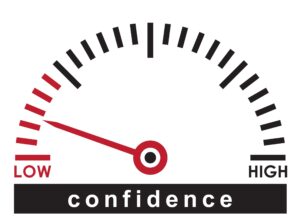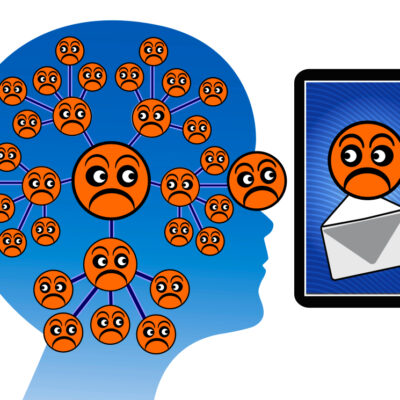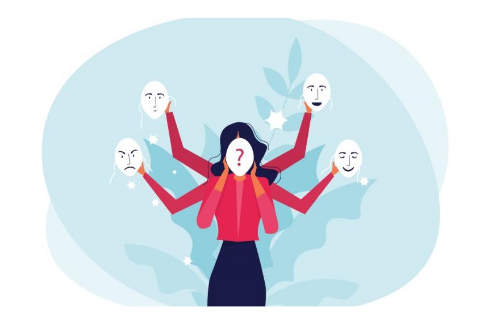By Danish Egamparan (BAC Apprentice)
When we were young, we always had guidance. Whether it was our parents, grandparents, or other elders, they were always there showing us the way, what is right and what is wrong. Now, as a grown-up, we have glimpses of what life has to offer, and we often come to a crossroad, trying to find a path we feel is the best one for us.
Crucial on that path are the friends we meet and stay true to along the way. Friends are the ones we spend most of our time with – in school, college, and at the workplace. As we shift from societal pressure, academical pressure and parental guidelines, we try to seek solace among our friends.
A good friendship is vital for a happy life, but it cannot be denied that not every friendship is easy. Some friendships last, while other friendships fade with time. Each friendship tends to impact us one way or another, the younger we are, the more there is a need for us to be accepted among our peers. When there is a need for acceptance, it is human nature to adapt ourselves to a certain way to be liked by a group. This is where the term “peer pressure” comes about.
When a person feels the heat of peer pressure, there is a tendency to fall into the wrong path by taking on the wrong decisions, which may be completely out of character for the person, and this is done just for the sake of being accepted by a group of people. Sometimes an individual may not even like what he/she is doing but they will still pursue it to be valued by his/her group of friends. Other than that, it goes without saying that peer pressure can be detrimental to one’s mental health. These are the ways where peer pressure can impact one’s mental health:

1. It can break your confidence. When we keep following a group or a person, the number of times we decide for ourselves drops and we tend to be too dependent on another person for answers.

2. It can affect productivity. If you are stuck with a group of friends who prioritise the wrong things, then there is a high chance for productivity to be affected as the concentration will be channelled to a different purpose instead of ones that are important.

3. It can push you into unhealthy habits. When you pick the wrong group of friends, peer pressure can lead you down the wrong path by picking up the wrong habits that may affect both health and mental well-being.

4. It can affect your relationship with your family. The more you seek approval from a group of friends and succumb to peer pressure, certain family values could be replaced with bad values picked up from friends. When seeing the disparity of lives among friends, a certain individual could feel ashamed about their lives and family due to constant comparison.
As tough as it is to avoid peer pressure, there are ways to avoid feeling rejected and isolated when you do say no to your friends. Among them is to practice your responses beforehand so that you sound respectful. Being able to explain to your friends for your reason as well will help reduce the feeling of guilt for not following your friends. If you feel too pressured, do talk to your other friends, parents, or a grown-up you trust. Remember that you are not alone on this road, and that there are individuals out there who are ready and willing to be your rock in times of trouble.
Get in touch with ReachOut, or any of our partner NGOs if you need to speak to someone – you are not alone.



